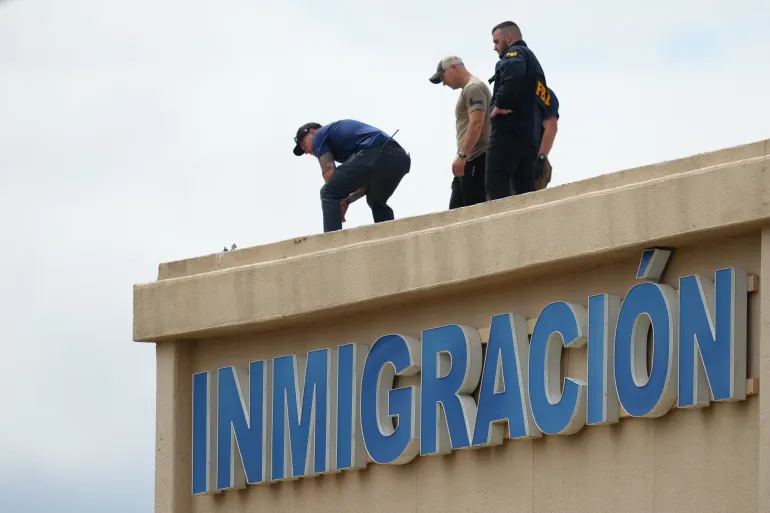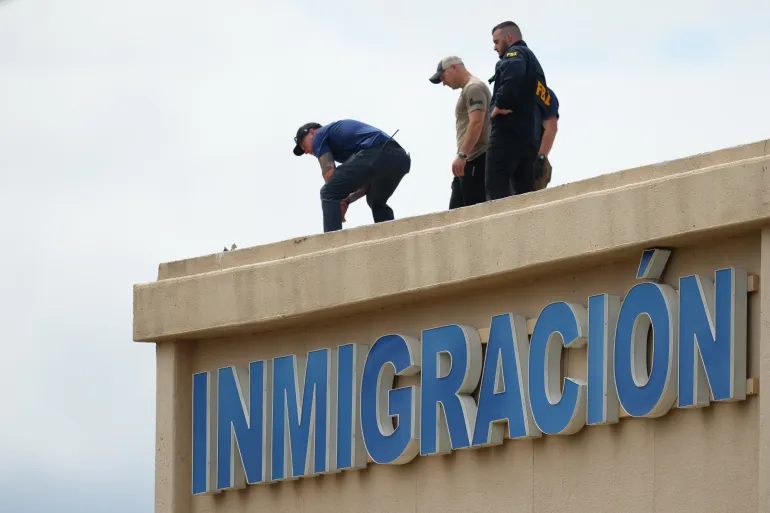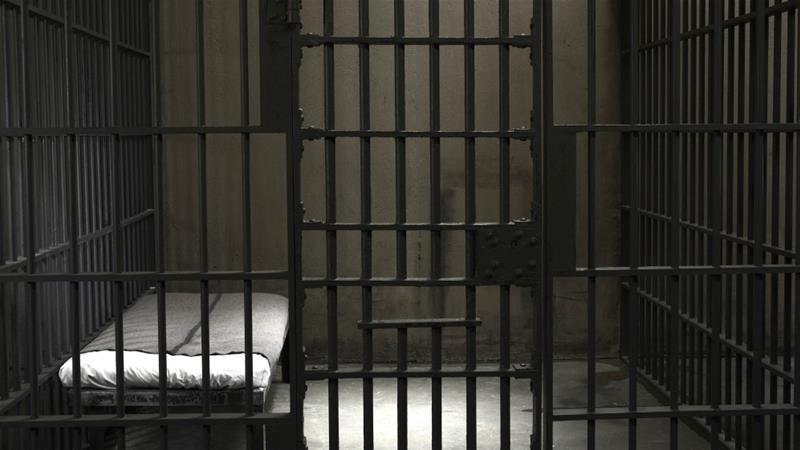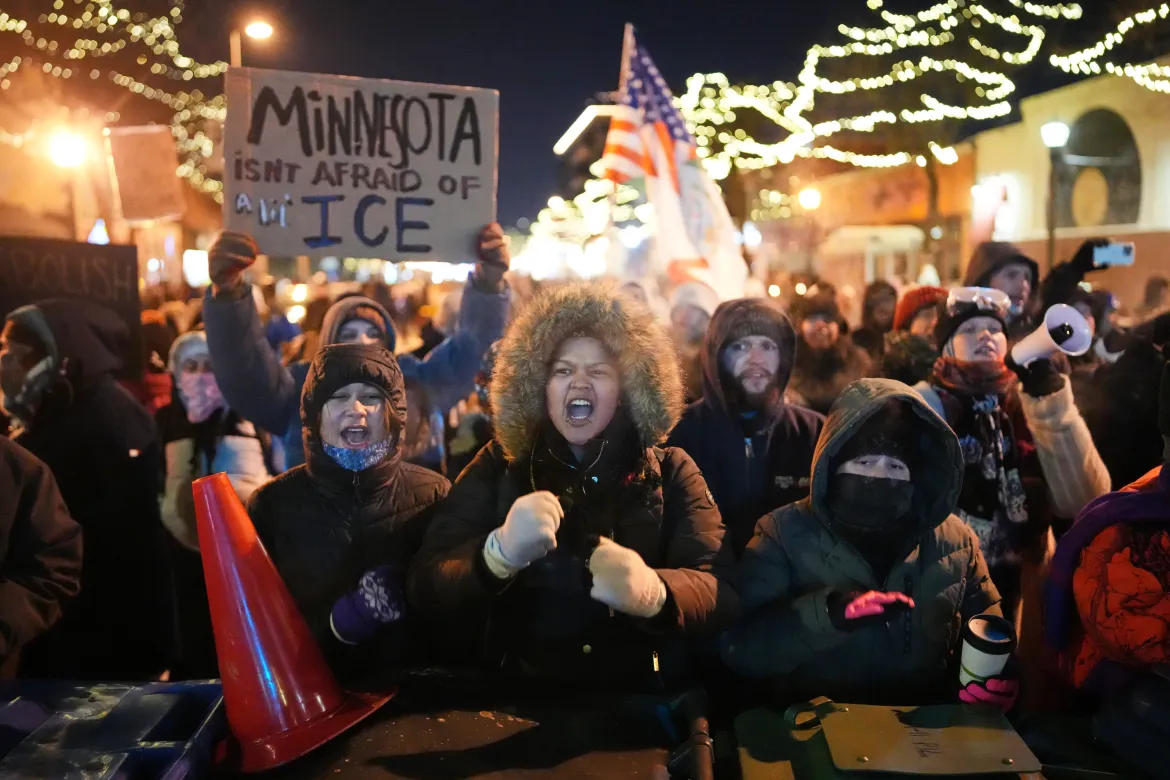A 235-Year-Old Weapon That Gives Trump a Legal Victory on the Alien Enemies Act

Archive/Al Jazeera.
The Trump administration notched a legal win on Tuesday as a federal judge in Pennsylvania upheld the use of the Alien Enemies Act (AEA) of 1789 to deport alleged gang members. Judge Stephanie Haines ruled that the government may proceed with removals under the arcane statute, provided individuals are given a minimum of 21 days’ notice and an opportunity to contest their deportation.
The decision marks a significant moment in the administration’s effort to revive the centuries-old law, historically used in times of war, as a tool in contemporary immigration enforcement. The ruling runs counter to recent decisions from federal courts in Colorado, New York, and Texas, where judges have blocked similar attempts to invoke the AEA. In response to the legal patchwork, the White House has petitioned the Supreme Court to resolve the issue and allow deportations to resume nationwide.
No deportations have taken place under the AEA since mid-March, when more than 130 Venezuelans alleged to have gang affiliations were expelled to El Salvador. According to figures on the Department of Homeland Security’s website, law enforcement and immigration authorities have so far detained 394 individuals believed to be gang members under the AEA provisions.
Critics argue that reviving the AEA—a law originally crafted in the early days of the republic to expel nationals of enemy powers during wartime—sets a troubling precedent. Proponents, however, say it provides a necessary legal framework to expel non-citizens who pose national security risks, particularly amid concerns about transnational crime.
As the legal battle advances towards the nation’s highest court, the fate of the AEA’s modern-day application remains uncertain. But for now, the administration has secured its first judicial endorsement of a controversial strategy, breathing life into a statute that had long seemed a relic of the past.
Agencies.
- Most Viewed
- Most Popular
















